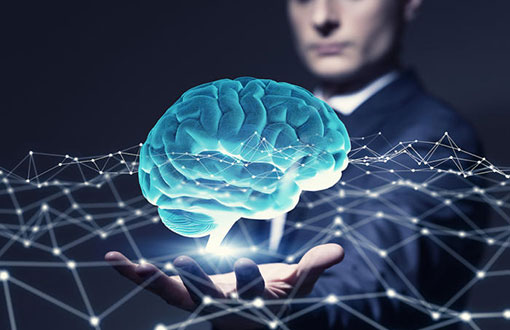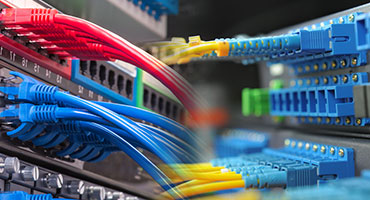Why mobile devices must have AI

Mobile devices powered with artificial intelligence (AI) is not an if -- it’s a when. Without AI, the increasing complexity of our devices will become overwhelming.
In the next two to three years, we’ll see an emphasis on artificial intelligence (AI) in devices, even beyond the early examples of today. Why? Because the tasks and interfaces are becoming so complex that users will spend too much time trying to get to apps/info that’s required for them to be productive.
AI will be a journey that will take several years to complete. In the current early stage, we have some voice assistants (e.g., Bixby, Siri, Google) that can navigate a limited set of tasks. In the future (three to four years), with new, more powerful, on-device AI components, we will transition to more extensive AI where the device not only can parse some simple commands, but can actually learn about what we do and what we desire and make the proper suggestions to enhance our overall experience.
In the final stage, we’ll likely see a highly dynamic and simple user interface based on AI’s knowledge of what we need to accomplish at a given time and in a given circumstance, but this is likely five to seven years away.
AI is the next phase of UI development
Current voice-activated assistants are not really AI — rather they are voice-commanded, automated lookup tables that return pre-programmed results. They have very rudimentary capabilities — cloud services monitor what we’ve done in the past and run that against a tree of possible actions, like an enhanced search engine. This is a programmed approach, but not truly AI.
Learning about what we do personally, as opposed to comparing us to the majority of users, and then picking a suggested workflow will move the needle dramatically. Continuously monitoring and learning about us will allow our devices to become true concierges — knowing what we want based on specific preferences and current conditions.
AI-powered mobile devices of the future
What does this all mean? AI-powered devices in the future will provide several benefits. First, they will become much more secure. As they learn about us, they will be able to understand if we are using the device or if someone else is. This will prevent credentials from being stolen and allowing someone to hijack our devices. And it will allow us to eliminate passwords to all the sites we access, making life far easier.
Next, true AI will allow us to actually manage all those hundreds of apps we download and carry as a result of devices with increasingly more compute power and memory. Ultimately, the various and different user interfaces across the apps will become invisible as the AI system transparently interfaces with the apps for us. Based on what we did and what we want to do, the device will select the next app to make it happen, deal with whatever data is necessary, and perhaps interact with a series of needed apps. No more opening up a variety of apps to get things done.
Finally, because AI truly understands our needs, it can actually make us safer by monitoring our usage and determining if there is something going on that makes it look like we are ill or under stress, and it will take some required actions. With a whole series of sensors and monitors connected to our mobile device, which essentially becomes our personal edge server, the AI capabilities will have massive amounts of data to analyze for our benefit and react to issues far faster than we can manually.
True AI-powered devices aren't that far away
While much of this sounds highly futuristic, it’s not that far off. Apple, Samsung, Qualcomm, Google, Huawei, and others have already started down this path at the chip, operating system, and device level. Specialized AI subsystems in current devices with somewhat limited capabilities will improve over the next one to two years and morph into a much more powerful capability.
There will be some hiccups along the way, but I estimate that in the next three to five years, virtually all of us will be carrying around a full-fledged AI-powered device, although it will start at the higher end of the device market before eventually making its way into mid- and lower-level devices. As a result, our typical use of devices, the types of apps we have, and the variety of interactions between us and our devices will change dramatically. It will bring an increasingly complex interaction environment down to something that is manageable. And that would be a very good thing.




